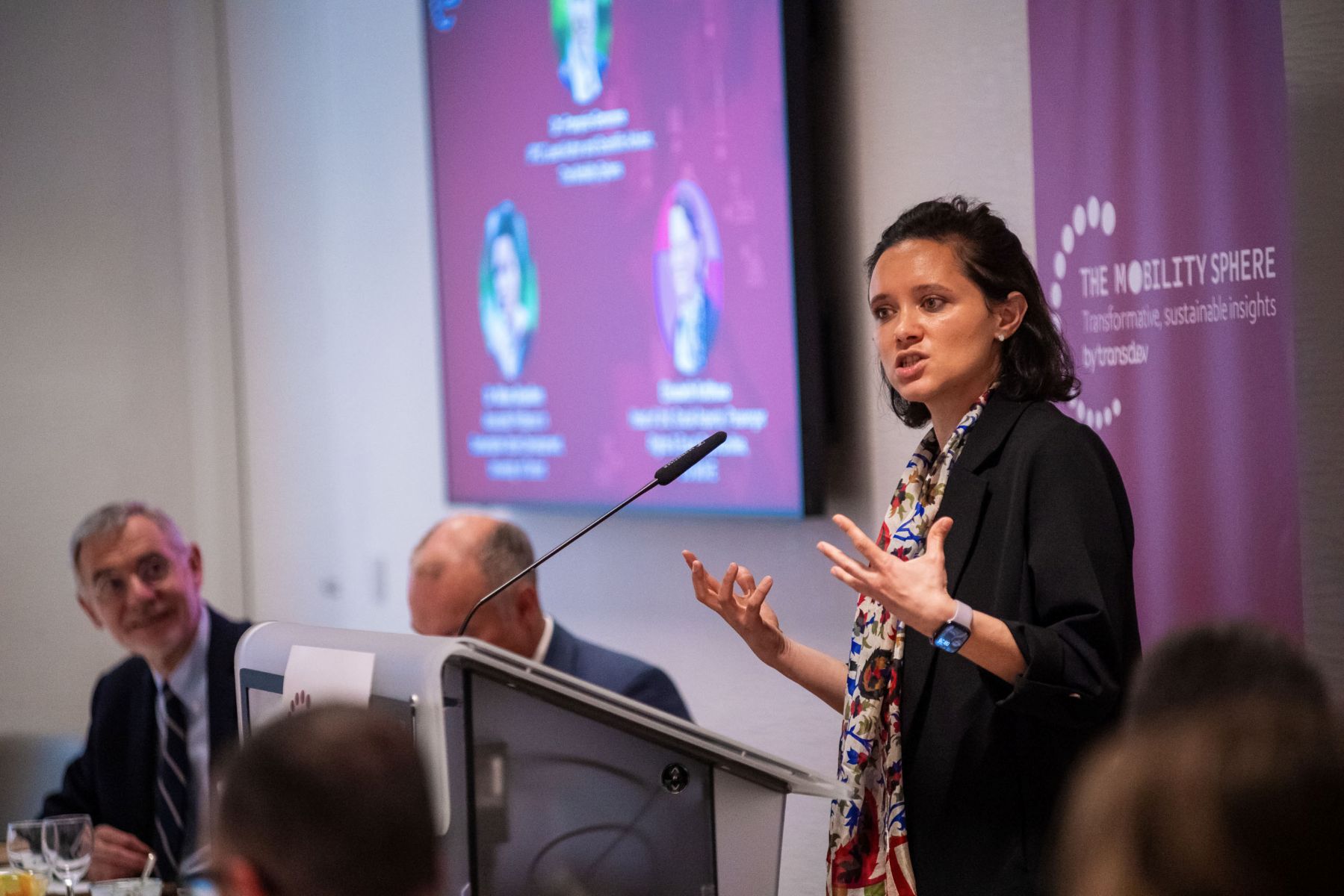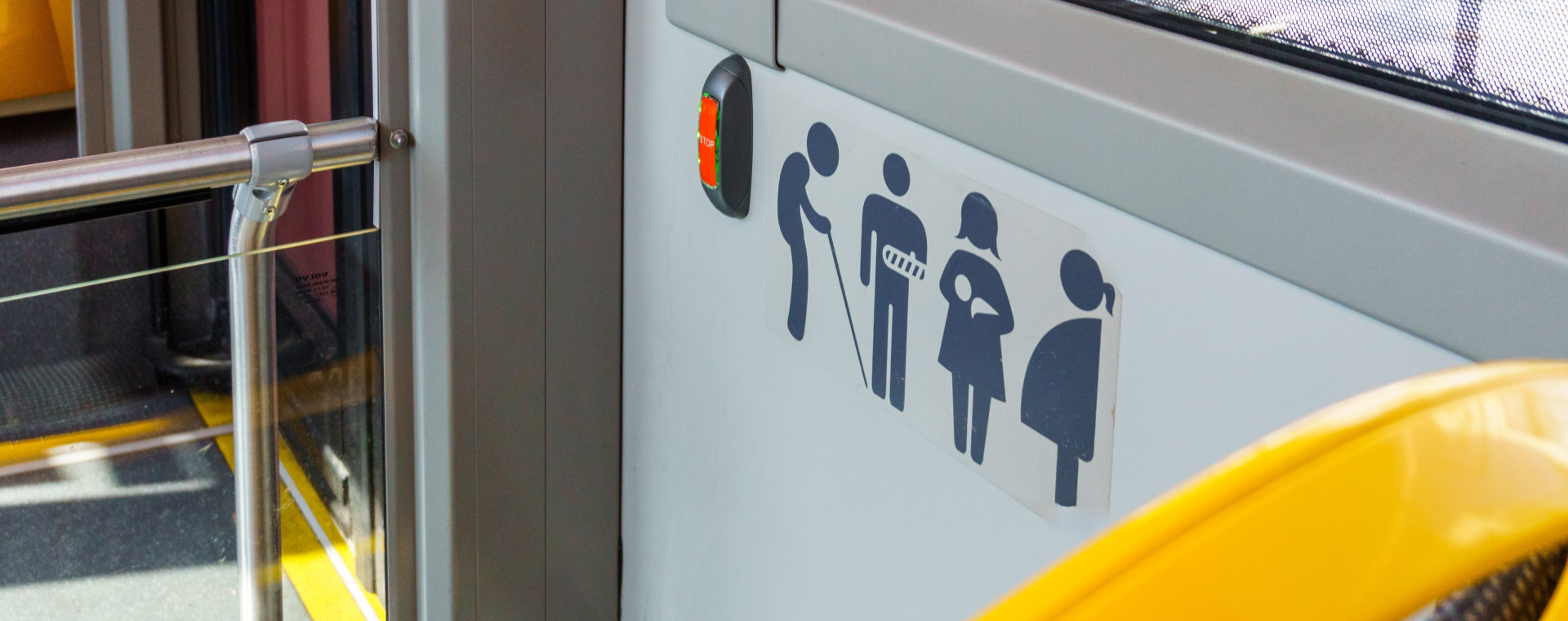Interview
Social Cohesion
We need to recognize mobility as a basic right
-
Nihan Akyelken
Associate Professor at University of Oxford

Mobility is about so much more than just getting around, Oxford researcher Nihan Akyelken tells The Mobility Times in an interview.
What makes mobility sustainable and accessible?
We first need to recognize mobility as a basic right, similar to access to food or shelter. But mobility is also different because it depends on how we move—within cities, for example— on who we are, what we do, and how we relate to each other. So, social, economic, cultural, and political factors all influence mobility.
Making mobility sustainable isn’t just about encouraging walking, cycling, or public transport. It's about creating systems that work for everyone, are inclusive, and meet diverse needs.
Cities must consider disparities among different social groups and regions to ensure equity—since sustainability is inherently about inequality.
If we don’t fix these inequalities first, we cannot really ensure fairness across different generations.
You mentioned a point at the Mobility Sphere conference in Brussels about understanding people’s capabilities, preferences, and decision-making processes—can you elaborate?
Yes, I talked about the concept of "capabilities", which includes, for instance, cognitive abilities, aspirations, and knowledge.
For example, back in 2010, I spoke to women in southeastern Anatolia about transportation investments in their region. They appreciated the infrastructure but didn’t use it because they lacked access to information, resources, or the space to make decisions independently.
So, knowledge, aspirations, and decision-making environments all impact mobility.
That raises an important issue about policy acceptability. How should policies consider these factors?
We see policymakers very much concerned about social acceptability. But if a policy is not acceptable, perhaps there's something wrong with it, either with the way it is designed or the way it is communicated,
Often, policies are defined with social issues seen as secondary or to be fixed later, which misses the multi-faceted nature of mobility.
We really need to consider the public as a whole, not just the passengers, because something like mobility and transport have significant externalities.
For example, a policy might be narrowly targeted, like the Istanbul Metropolitan Municipality’s transport subsidy for unemployed individuals registered with employment offices. It benefits that specific group without negatively impacting others, making it more acceptable.
Do authorities at European, national or local levels think enough about interconnected issues like these?
The more time we spend on making policies more acceptable, I think the more time we waste that could be spent understanding what a society actually needs, and trying to come up with more ways of participating, engaging with the public, especially with the more vulnerable populations.
We should not be looking only at numbers, because the lived experience and individual stories can be quite transformative for society as a whole.
There's often a debate between "end of the world" versus "end of the month"—really, whether we can afford to prioritize sustainability versus immediate economic concerns. Is that a fair framing?
We need to reconsider the purpose of economics. If it is about managing resources, we can'tnreally ignore the importance of sustaining those resources for future generations.
We also need to remember that the three pillars of sustainability – economic, social and environmental – aren't just a simple framework, but a natural way to manage resources.
For instance, we cannot discuss building a cycling city without ensuring that there is affordable housing in central areas that are close to jobs.
Is genuine change difficult because those benefiting from the current setup might resist reforms?
That’s a fair and realistic question. But, addressing inequality isn't just a moral choice; it’s necessary for sustainable urban development. We need to make the legacies of the wrong choices more visible.
For instance, in the UK, rising income disparities and child poverty persist, even with excellent transport systems like London’s. Who benefits from these systems? Does everyone have equal access?
Fixing everything simultaneously seems necessary but highly challenging—since everything depends on everything else.
It’s all interconnected, but the solution doesn't have to be very complex. just a matter of looking at reality and serving society’s needs.
-
 Interview
Design
Interview
Design
How can individuals improve their urban environment?
Zeina Nazer, Co-founder of Cities Forum and vice president of ITS UK Road User Charging Forum
-
 Interview
Decarbonization
Interview
Decarbonization
How can we catalyze the transition towards carbon-neutral transportation?
Katarina Cséfalvayová, Co-founder and director of the Institute for Central Europe
-
 Interview
Social Cohesion
Interview
Social Cohesion
How can we tackle mobility poverty?
Sébastien Bailleul, Director of Institutional and European Relations at Wimoov
-
 Interview
Access
Interview
Access
Will tomorrow’s mobility be inclusive and fair?
Dominique Riquet, Member of the European Parliament
-
 Interview
Common Good
Interview
Common Good
What continuum exists between social mobility and geographical mobility?
In this interview, Margaux Nebout tells us about the link between social mobility and geographical mobility.

